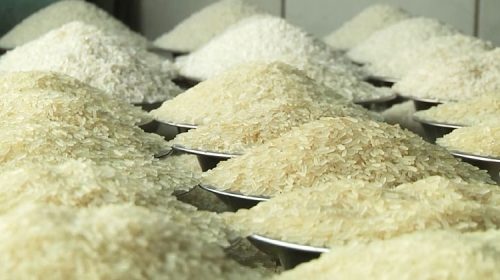Emphasising the importance of safeguarding water rights through management-based approaches rather than political influence, while prioritising environmental and humanitarian needs, ActionAid Bangladesh has launched the book “10 Years of Water Discourse in Bangladesh: The Contribution of the Water Museum.”
The publication was officially unveiled at a ceremony held today in Dhaka, where the book was reviewed by eminent water resources and climate change expert, Emeritus Professor Dr. Ainun Nishat, and Senior Research Fellow at the Bangladesh Institute of International and Strategic Studies (BIISS), Dr. Sufia Khanom.
The event presided over by Ibrahim Khalil Al-Zayad, Chairperson of ActionAid International Bangladesh Society, also included remarks and discussions from distinguished guests.
In her opening remarks, ActionAid Bangladesh Country Director Farah Kabir stressed the need for cross-sectoral collaboration to integrate traditional and scientific knowledge for equitable and sustainable water management. She reiterated ActionAid Bangladesh’s long-standing commitment to water resource advocacy, fairness in water distribution, and river rights, highlighting how the publication reflects these priorities.
Emeritus Professor Dr. Ainun Nishat called for regional coalitions to ensure sustainable water and river management, emphasising the need for cooperation to create a strong voice for transboundary water management. He noted the lack of regional consensus as a barrier to protecting water rights and called for the development of effective models to address national and regional water challenges.
Professor Dr. Imtiaz Ahmed, Executive Director of the Centre for Alternatives, remarked, “A river cannot be confined to water alone because its existence encompasses a multifaceted integration of water, energy, biodiversity, and sediment. Alongside water, these essential elements must also be brought into our discussions. We need to bring about a psychological shift and include all these aspects in the dialogue on transboundary river management.”
Dr. Haseeb Md. Irfanullah, an environmental, climate change, and research consultant, highlighted the importance of evidence-based advocacy, stating that influencing policy with evidence, relevance, and knowledge is crucial. He noted that less than one-third of current policies in Bangladesh are based on research-backed references, underscoring the need to address this gap.
In her address, Dr. Sufia Khanom stated that the publication offers recommendations for expanding the scope of the Water Museum and fostering collaborations with educational institutions, which could play a transformative role in achieving equitable and sustainable water management in Bangladesh.
In his closing remarks, Ibrahim Khalil Al-Zayad stated that ActionAid Bangladesh has consistently worked to broaden perspectives on water resource management, foster innovative thinking, encourage dialogue, and build coalitions for collective action. He expressed hope that these efforts will continue to advance sustainable water management practices.
In a video message, Dr. Mansee Bal Bhargava, National President of India’s Water Resources Council, expressed her appreciation for being part of the publication. The event was also attended by Dr. Samiya Selim, Director of the Center for Sustainable Development at the University of Liberal Arts Bangladesh, alongside representatives from ActionAid Bangladesh, governmental and non-governmental development organisations, climate experts, and members of the media.






















